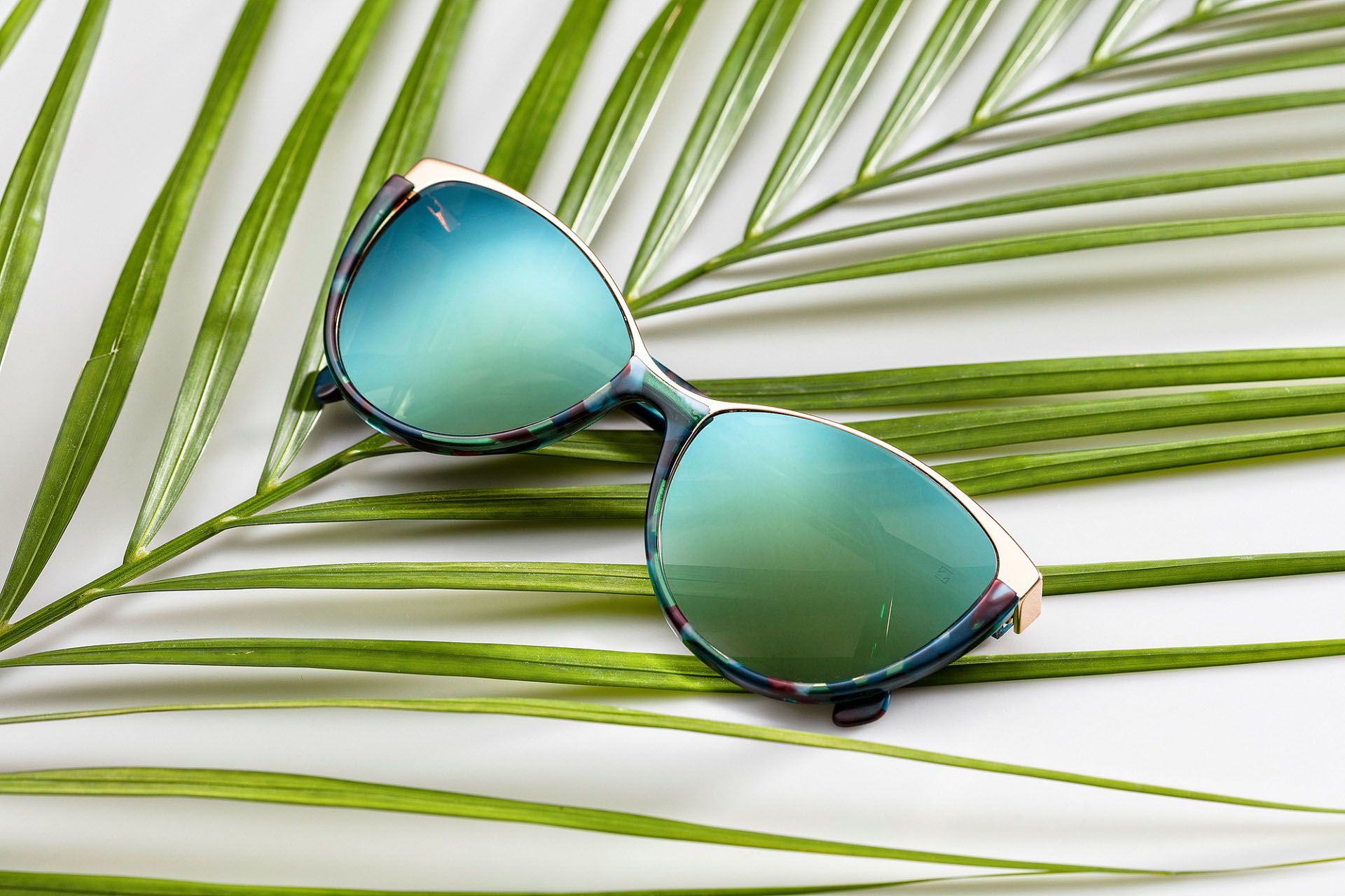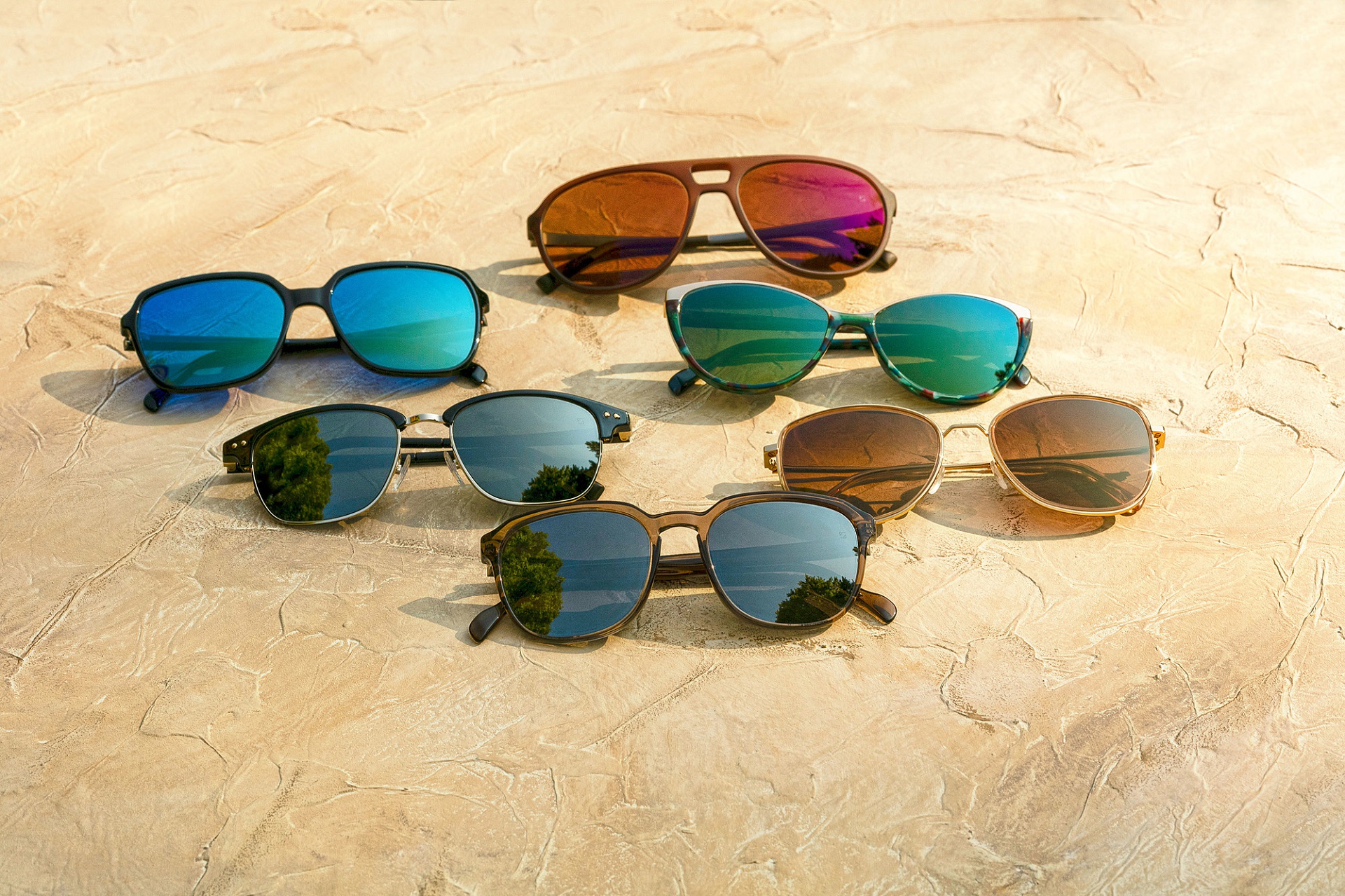Sunglasses are a essential accessory to protect your eyes from the sun and intense light typical of summer. The eyes in fact have the “only” protection of the eyelids and ultraviolet radiation and blue radiation are one of the risk factors and cause of many eye diseases. Excessive exposure to the sun according to the World Health Organization can cause diseases such as squamous cell carcinoma of the cornea and conjunctiva, cortical cataracts, macular degeneration or pterygium.
Sunglasses: questions and answers to debunk false myths
But if sunglasses are a fundamental ally to protect the eyes from harmful exposure to the sun, what exactly do we know about this accessory? And which false myths are still to be debunked? ZEISS experts help us clarify some doubts, starting with these 5 truths and false myths to debunk.
Sunglasses cannot be prescription. FALSE
According to Annual report on the prevention of low vision and blindness drawn up by the Ministry of Health and presented to Parliament, in Italy eye problems affect 43 out of 100 people. This is a problem that can also be practical in the summer, as you have to switch from one pair of glasses to another. For those who need prescription lenses it is therefore important to remember that even sun lenses can help them correct a visual defect. In fact, it is possible to integrate all the benefits of prescription lenses into sunglasses, in order to have a practical accessory to correct myopia, astigmatism and hyperopia and at the same time be shielded from annoying UV rays and prevent problems such as irritation and glare.
Read also
Swimming in the sea or in the pool with sunglasses is a good idea. TRUE FALSE
If on the one hand it is true that sunglasses help protect the eyes from the annoying reflections of the water, which we remember also reflects UV rays, on the other hand we must remember that the chlorine or salt contained in sea water are highly corrosive substanceswhich can irreparably damage the lenses and frames, especially if, once out, we don’t remember to rinse and dry all the parts carefully.
Sunglasses are only dark in color, gray or black. FALSE
We often tend to think that black is the only possible color for sunglasses lenses and that no other shade can guarantee complete protection from UV rays, i.e. at 400nm, the reference standard recommended by the World Organization for Healthcare. In reality, however, this is not the case: it is the material of which the lens is made that shields from UV rays, while the color makes the difference in relation to the intensity of the light, which the more intense it is, the more it needs dark lenses to be shielded. ZEISS offers three ranges – Urban, Drive & Active – in different shades and colors for every need, in order to combine protection with aesthetics.
Sand and scratches, an avoidable danger? REAL
Dust, sand and contact with rough surfaces are a constant threat to our eyewear, especially during the summer season. Today it is possible to prevent damage by choosing lenses with specific treatments, able to harden the lenses and protect them from all those agents that could damage them. ZEISS DuraVision Platinum is the treatment developed by ZEISS to protect lenses from every point of view, not only from any harmful agents but also from dirt, thus making them even easier to clean.
The mirror treatment is just an extra glamorous touch. FALSE
Summer is the season of the sun, which hits every surface and for this reason can generate a annoying glare sensation, which can be mitigated by mirroring the lens. In the most extreme conditions, for example on glaciers in the high mountains or on a boat in the middle of the sea, mirroring may not be enough to effectively contrast reflections and glare: in these cases it is advisable to choose a polarizing lens.

Glasses, sun and high temperatures: valuable advice
High summer temperatures can also cause unpleasant surprises, for example if you forget your glasses in your car parked in the sun. As Marco Locatelli, Product Manager of Carl Zeiss Vision explains: “In the summer it is advisable to store the glasses in the drawer under the dashboard or in the container in the central armrest, never leave them on the dashboard or on the seat. If possible, it is best to carry them and always store them in the appropriate case, even better if covered with the piece of cloth provided by the optician. These simple gestures prevent the temperature on the surface of the lens from rising too much, preventing the weakening of the structure, the possible breakage of the frame and the premature wear of the surface treatments of the lens”.
READ ALSO: Sunglasses when driving: the 10 rules to know
Advertising
